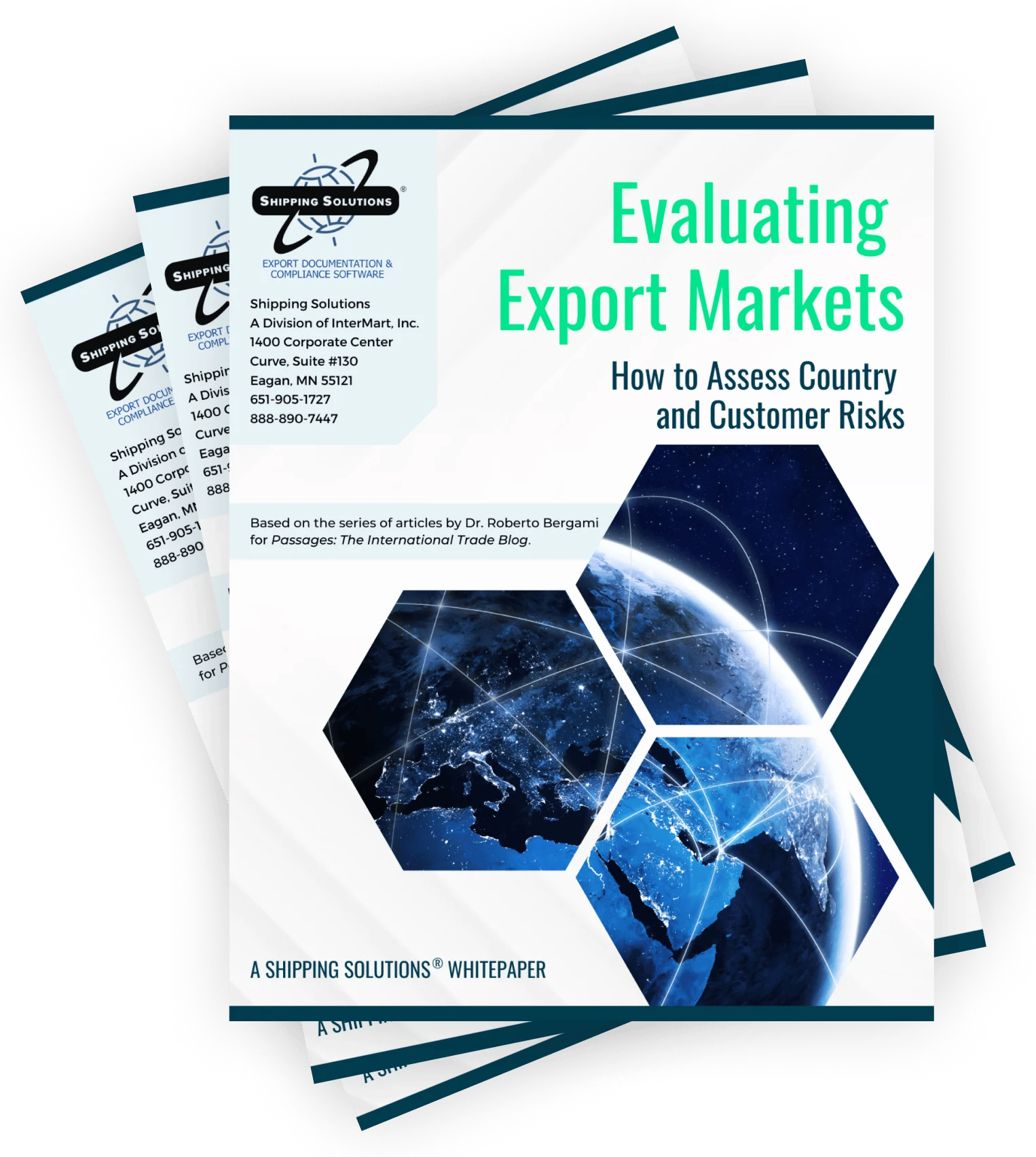The International Trade Blog International Sales & Marketing
Missed Opportunities: Why U.S. Exporters Should Pay Attention to Multilateral Development Banks
On: September 9, 2024 | By:  Richard Corson |
2 min. read
Richard Corson |
2 min. read
 According to the U.S. Department of the Treasury, multilateral development banks (MDBs) “provide financial and technical support to developing countries to help them strengthen economic management and reduce poverty.” The most prominent are World Bank, Inter-American Development Bank, Asian Development Bank, African Development Bank, and European Bank for Reconstruction and Development.
According to the U.S. Department of the Treasury, multilateral development banks (MDBs) “provide financial and technical support to developing countries to help them strengthen economic management and reduce poverty.” The most prominent are World Bank, Inter-American Development Bank, Asian Development Bank, African Development Bank, and European Bank for Reconstruction and Development.
Of particular importance to exporters, the MBDs fund projects related to infrastructure, energy, education and environmental sustainability in developing countries. Firms interested in pursuing such projects need to possess a long-term view toward international business. They should start the process by initiating a conversation with the U.S. Department of Commerce’s Commercial Officers located at the MDBs to learn about current and future public and private projects. Contact your local U.S. Department of Commerce Export Assistance Center to begin the discussion.
However, it's important to note that while the U.S. Commercial Service has had commercial officers posted at the MDBs for some time, not all companies have actively pursued these opportunities. This lack of interest often stems from two key factors: First, tenders for MDB projects are frequently released with a short time frame for companies to apply, making it difficult for firms to prepare. Second, many companies have traditionally focused on increasing their number of international agents and distributors rather than proactively seeking MDB projects. As a result, some may have missed valuable opportunities.
Companies must also understand and assess their ability “to do business in the country where the project will be implemented, and with the borrowing government that runs the procurement process. Knowledge of the local language, culture, business practices, legal system and other local conditions is essential.” (www.trade.gov) In practical terms, this means a company will have a much better chance of securing an MDB-funded project when it has a local presence, whether through a representative, a partner or their own branch office.
Further, MDB projects are often long and typically start before the first official procurement notice is issued. Thus, discussions with local contacts, the MDBs, the host country decision-makers and again, at the outset, establishing a relationship with the U.S. Department of Commerce Commercial Officer at an MDB are crucial.
During my 30-year career with the U.S. Commercial Service in Michigan and Ohio, I found that only a small number of companies were aware of the MDBs and how they could take advantage of the opportunities presented by them. However, knowledge of the MDBs slowly improved. The companies that pursued MDB-funded projects were patient and confident and understood that they were dealing with international competitors. Consider the MDBs another tool in your toolbox of international trade opportunities. American exporters have so much to offer the world!
Like what you read? Join thousands of exporters and importers and subscribe to the International Trade Blog to get the latest news and tips for exporters and importers delivered to your inbox.

About the Author: Richard Corson
Richard Corson is the president of Corson International Trade Consulting LLC, which creates and implements international business expansion plans. He works primarily with small- and medium-sized companies—manufacturers and service providers—in all industries.
Richard has 33 years of experience in international trade/exporting/marketing. He began his career with the U.S. Dept. of Commerce, International Trade Administration, in 1990 as an International Trade Specialist (ITS) in Cincinnati and went to Michigan in 1994 where he worked as an ITS in Detroit and then opened the East Michigan U.S. Export Assistance Center, which he directed from 1995 until his retirement in December 2019. Richard was also the director of the Detroit U.S. Export Assistance Center from 2018-2019. Richard has worked closely with the U.S. Foreign Service at American embassies and consulates around the world and with many agencies within the Commerce Department and other parts of the U.S. government.


